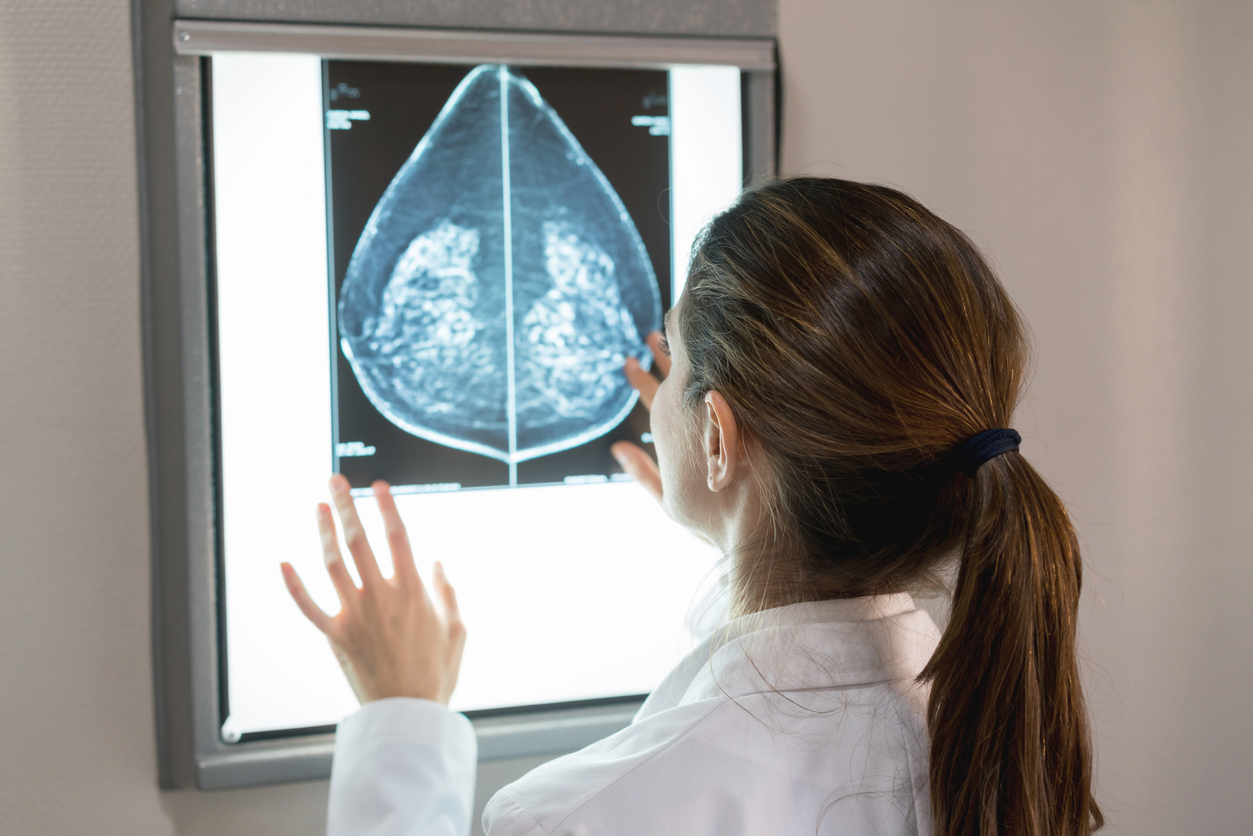
Hormone therapies increase breast cancer risk, even a decade later: Study
Hormone therapy to relieve menopause symptoms slightly increases the risk of breast cancer, according to a large-scale study published on Friday (August 31) in The Lancet.

Hormone therapy to relieve menopause symptoms slightly increases the risk of breast cancer, according to a large-scale study published on Friday (August 31) in The Lancet.
Other research has established a similar link, but the new study is the first to show that the risk remains elevated even ten years after treatment has stopped. It also quantifies for the first time the level of risk associated with different types of menopause hormone therapy, or MHT.
The chance that a woman between 50 and 69 who has never undergone MHT will contract breast cancer is about 6.3 in a 100. By comparison, a woman in that age bracket who takes oestrogen and, intermittently, progestagen for five years stands a 7.7 in 100 chance of getting the disease.
If — in the same scenario — progestagen use is daily, the risk goes up again: 8.3 in 100. Finally, an oestrogen-only regimen is closest to the no-hormones baseline, with a 6.8 out of 100 risk.
Also Read: Scientists identify new potential drug to treat breast cancer
More prolonged use carries even higher risk, said co-author Gillian Reeves from the University of Oxford. “Use of MHT for 10 years results in about twice the excess breast cancer risk compared to five years of use,” she said in a statement.
“But there appears to be little risk from use of menopausal hormone therapy for less than one year.” The topical use of vaginal oestrogens, applied as a cream, is also relatively risk-free, she added.
Women tend to begin MHT at the start of menopause when ovarian function ceases, causing oestrogen levels to fall substantially. At the same time, progesterone levels fall to near zero.
As a consequence, many women experience uncomfortable “hot flushes” that can be alleviated by replacing the naturally depleted hormones.
Regulatory bodies in Europe and the United States recommend that MHT be reduced to the shortest time needed, but usage has tended to average at least five years.
Also Read: Indians have higher average resting heart rate: IHS
In North America and Europe, MHT increased rapidly during the 1990s, halved abruptly in the early 2000s, and then stabilised about ten years ago.
“Our new findings indicate that some increased risk persists even after stopping use of MHT,” said co-author Valerie Beral, a professor at the University of Oxford.
Beral and colleagues examined data from 58 previous studies around the world from 1992 to 2018 that recorded MHT use. Within the data set, 108,647 women subsequently developed breast cancer, at an average age of 65.
Researchers were then able to look for statistical links between cancer rates, on the one hand, and type along with duration of treatment, on the other.

